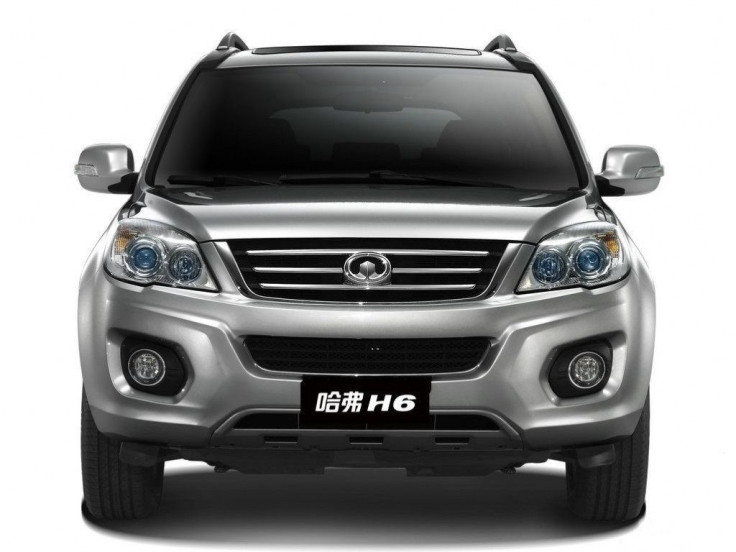Slumping Chinese Auto Market Pushes Great Wall Motors To Cut Prices On Popular Haval SUVs

Great Wall Motors had high hopes in April, when it introduced its Haval H8. China’s largest SUV maker predicted its new flagship vehicle would sell as many as 5,000 units a month by June. But in the first months of sales, typically a time when an automakers see big demand for a new product, barely 1,000 Haval H8s rolled out of dealerships.
Now the privately owned automaker headed by Chinese billionaire Wei Jianjun has begun offering steep discounts on its popular SUVs, as growth in the world's largest auto market slows in tandem with the country’s decelerating economy. Great Wall announced price cuts on Tuesday of as much as 6,000 yuan ($966) to its popular Haval H6 and Haval H2 SUVs, in a bid to lure middle-class buyers who might be considering recent price reductions to domestically produced foreign-brand cars.
The company says the price reductions are intended to celebrate the sale of more than 800,000 Haval H6 sport utility vehicles, but more likely Great Wall is playing tug-of-war with foreign rivals to lure customers. After a recent price cut, the Volkswagen Touran minivan starts at around $24,000. But for an extra $1,000, a customer can now upgrade to more space and the larger engine of the $25,000 Haval H6 midsize SUV.
Great Wall's new marketing tactics come as China’s economic growth cools and middle-class consumers pile their extra cash into the country's booming equities market.
“People are not buying cars, no matter how big the incentives. People want their money in the stock market,” Cui Dongshu, secretary-general of the China Passenger Car Association, told Bloomberg.
As a result, foreign automakers are resorting to price cuts to attract the rapidly expanding, status-conscious consumer base that prefers to drive cars with foreign badges.
“Several industry professionals we recently talked with suggested the price competition started with VW in April,” Paul Gong, China autos analysts for Citi Research, in a note earlier this month, after May sales data showed 3.8 percent growth in Chinese passenger car sales to 1.57 million units. “General Motors, Ford Motor, Hyundai Motor, etc., all followed with various degrees of price cuts.”
Though passenger car sales increased last month, overall vehicle sales, which include commercial vehicles, declined 4.6 percent to 1.9 million units. Chinese automakers like Great Wall are benefiting, for now, from a slowing economy that’s pushing Chinese buyers toward lower-priced domestic brands. Sales of Chinese vehicles made by companies like Great Wall, Geely and Chery were up 8.2 percent in May to 633,100 units.
And even wealthier Chinese customers appear to be changing gears after years of snatching up foreign luxury cars. On Monday, Audi reported its first sales decline in China in more than two years, following BMW into China's sales doldrums.
“The current reticence to buy in the Chinese luxury segment was particularly noticeable,” the company said in a statement announcing May global sales data. Audi is a bellwether of sorts because it’s been the most popular foreign luxury brand in China for years.
As China’s economic engine cools, it seems difficult times are ahead for foreign automakers in the world’s largest car market. Demand is still growing, but less so. And domestic companies are starting to feel the pressure, too.
© Copyright IBTimes 2024. All rights reserved.





















